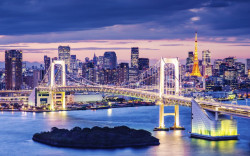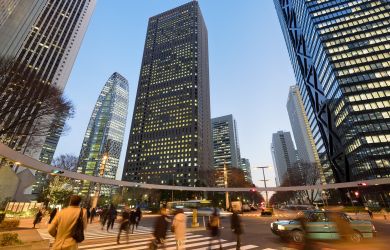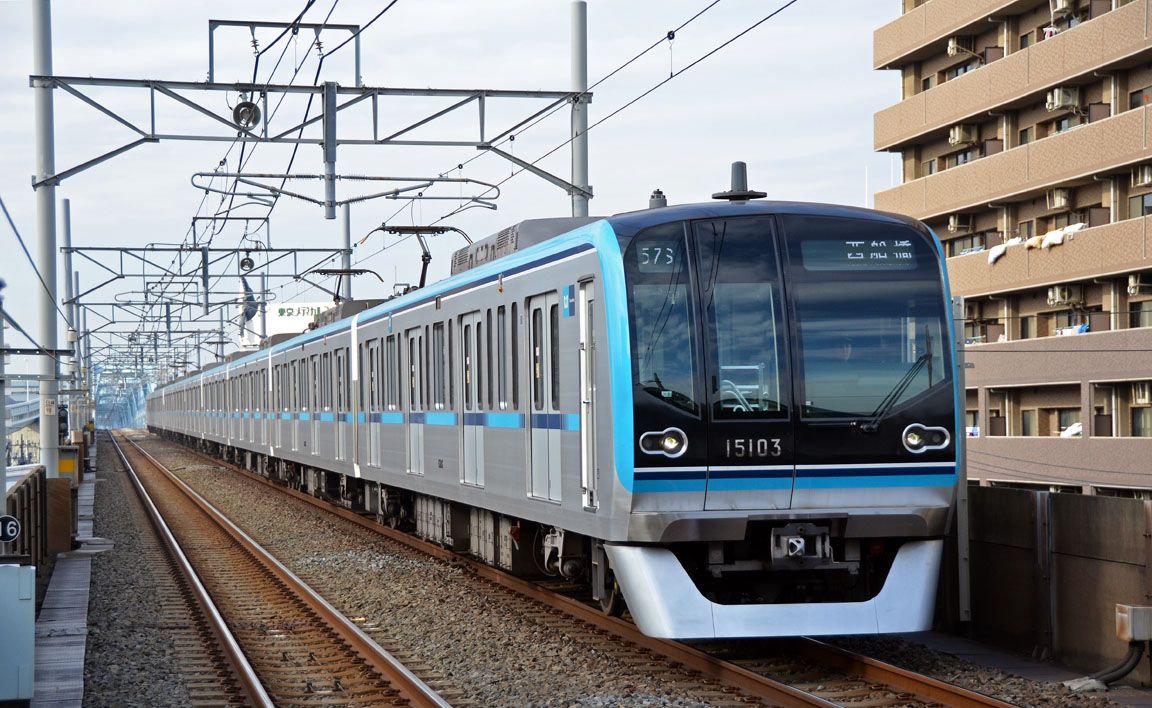

Infamous as one of Japan’s busiest rail lines, the Tokyo Metro Tozai Line comes with a staggering one million daily commuter travel tag. Though a subway, much of the sky-blue line runs above ground in a straightforward west-to-east passage. Beginning in Nakano in Tokyo’s west and extending all the way east into Chiba Prefecture, the line’s twenty-three stations are home to some of Tokyo’s most dynamic – and local – destinations.
The line’s official starting point, Nakano Station is famous for the otaku shopping culture of Nakano Broadway. For a taste of the Caribbean, sneak off to Cafe Haiti, a hideaway of Haitian flavors including their signature dry curry and rum beer.
Residential Ochiai Station absolutely percolates with some of the best coffee in the area. The independent Cozy Style Coffee uses only selected hand-picked organic beans, and engages with latte art competitions and coffee workshops.
A haven for university students, Takadanobaba Station offers up the satisfyingly light taste of Vietnam with Lau Pho. Their perfectly priced lunch menu features classic pho noodles and even a coconut-chicken curry guaranteed to please.
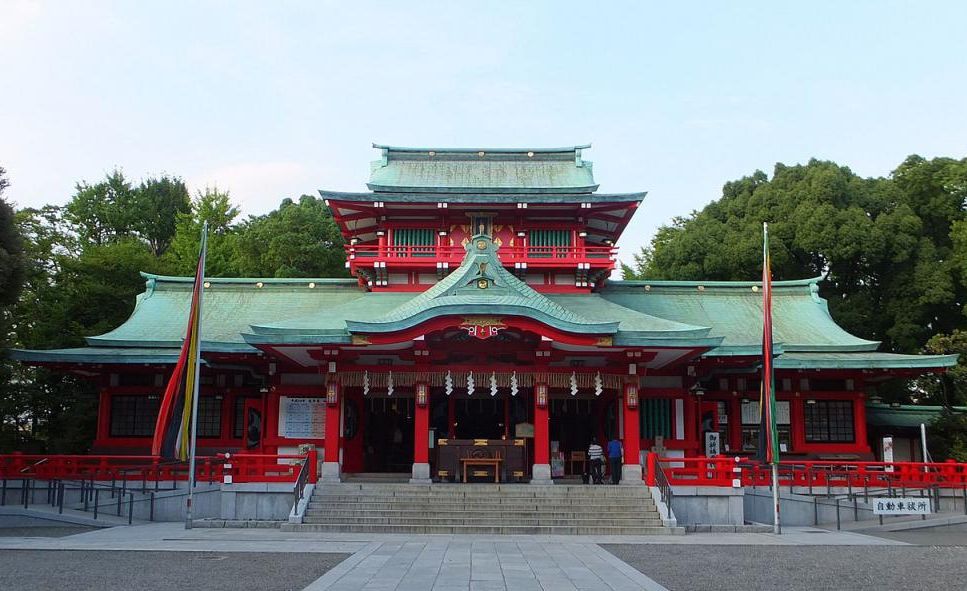
Aside from visitor-friendly Waseda University, Waseda Station leads to the magnificent An-Hachiman Shrine. Glowing in vermillion, the shrine’s history includes support from the powerful military families, Minamoto and Tokugawa.
From Kagurazaka Station, Akagi Jinja enshrines the spirit of scholar Sugawa no Michizane. This 14th-century shrine underwent an extraordinary makeover in 2010 by renowned architect Kengo Kuma that merged traditional and modern design elements.
Iidabashi Station leads to the busy love shrine Tokyo Daijingu. Originally established in 1880 to allow worshippers spiritual access to the Grand Shrine of Ise in Mie Prefecture, the current shrine celebrated Tokyo’s first urban Shinto wedding in 1901.
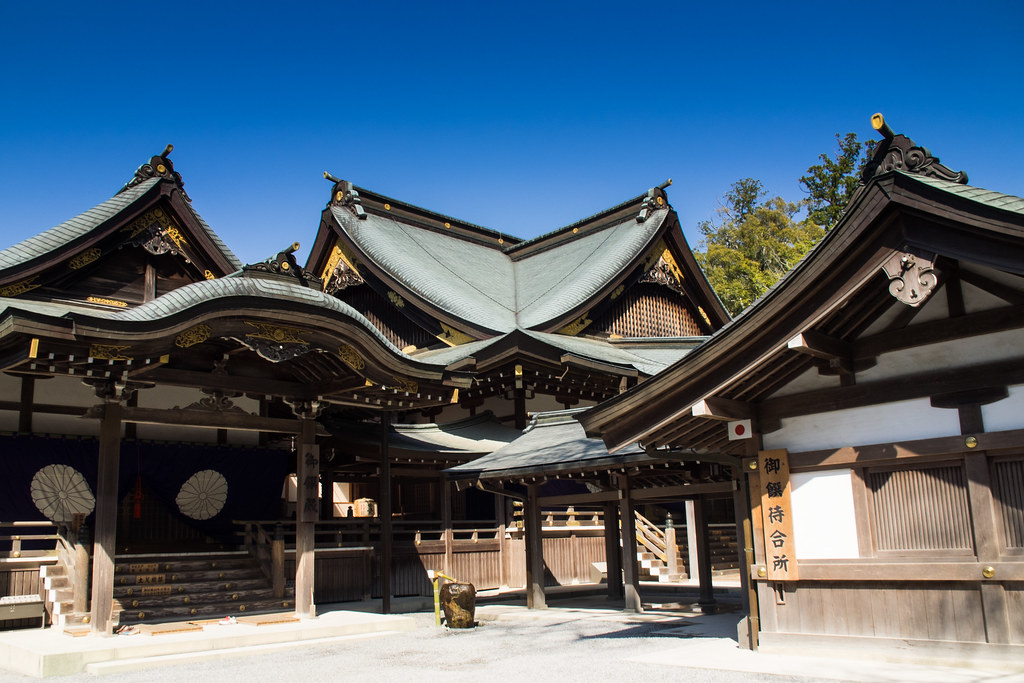
The National Showa Museum at Kudanshita Station provides a glimpse into the struggles of Japanese citizens during and after World War II. Over 60,000 items detail the lives of people during this uniquely challenging period of Japanese history.
Located in Kitanomaru Park outside Takebashi Station lies the Science Museum. Child-friendly, the museum is alive with five floors of interactive exhibits from the Bicycle Plaza on the second floor to the Illusion Rooms on the fifth.
Though dominated by the Imperial Palace, Otemachi Station still sneaks in the Communications Museum. Japan’s only dedicated telecommunications museum, it features classic equipment often used in period films and TV.
A short stroll from Nihombashi Station lies Unpel Gallery. A contemporary art space with a gentle touch, the regular exhibitions held here reflect the gallery’s approach to showcasing Japanese artists emerging in the modern context.
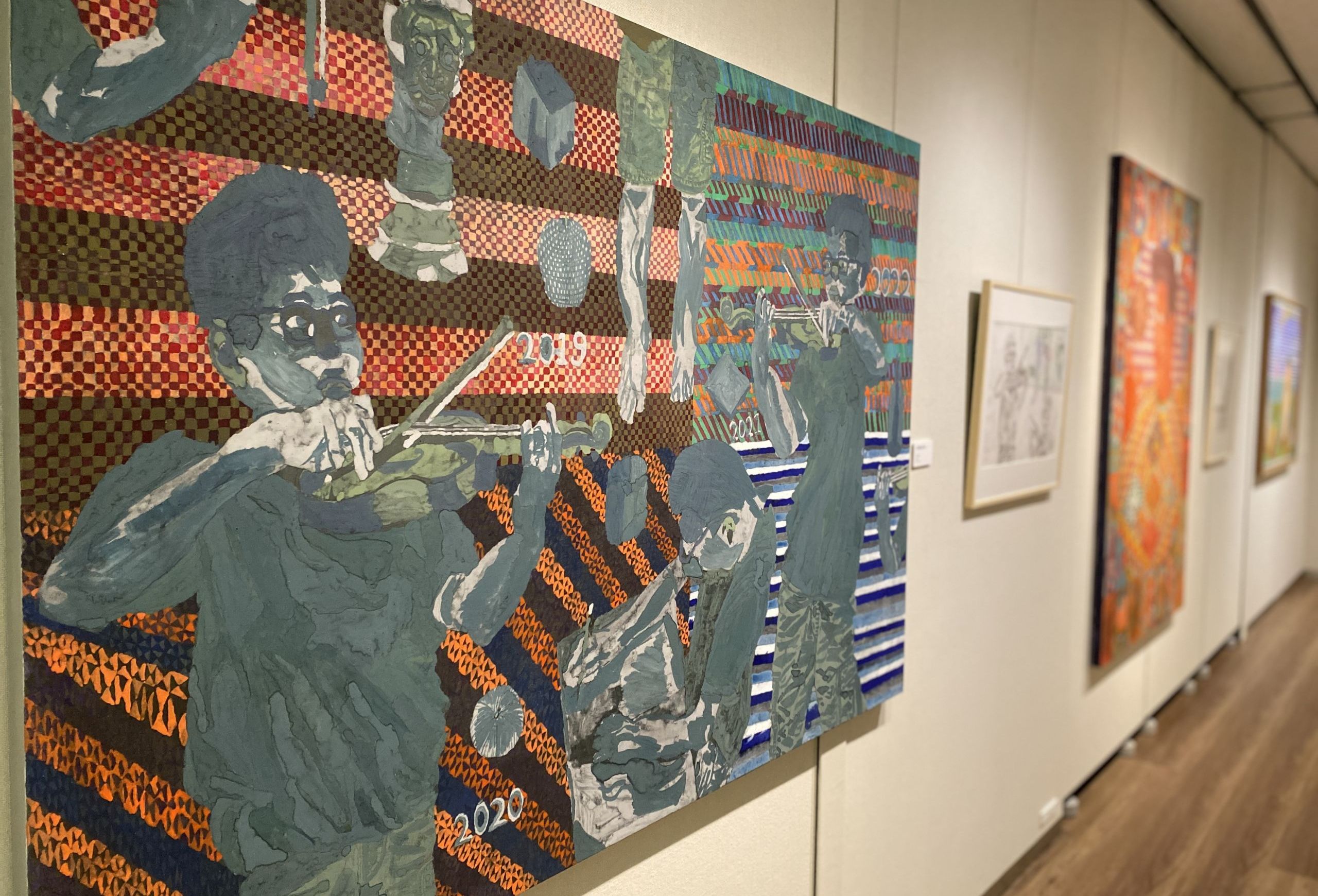
Amongst the commercial buildings of Kayabacho Station sits Sushi Touemon. A stone’s throw away from Nihonbashi River, the restaurant offers up a solid platter of traditional sushi courses with a satisfying lunch set also available.
Fukagawa Fudo-do temple is an extraordinary sight. Accessible from Monzen-Nakacho Station, the temple is not only known for its regular Goma fire ritual but perhaps more so for its 21st-century radical sense of modern design.
Menya Kisso at Kiba Station is guaranteed a solid lineup of ramen-hungry customers. Much loved for their rich tsukemen dipping noodles and thick menma bamboo shoots, this popular bar is open every other day and only for lunch.
Toyocho Station surprises with the unique architecture-based exhibitions of Gallery A4. Showcasing the intricacies of architecture, the gallery’s contemporary approach reveals the depth of architecture’s connection with the world.
From Minami-Sunamachi Station lies Arakawa Sunamachi Riverside Park. Home to the week-long Koto Fireworks Festival in early August, the park extends for 2km along the Arakawa River and is perfect for cyclists.
Great for families is Nishi-Kasai Station and Edogawa Natural Zoo nearby. With plenty of cute animals, including a petting area and water zone, the zoo is free to enter and is part of the much larger Gyosen Park.

Right by Kasai Station is the Tokyo Metro Museum, a great family spot for train lovers. South is the lovely Gonno Bakery Market. With French toast to die for, their menu includes prosciutto, salmon and sausage lunch sets.
Urayasu Station, the line’s first Chiba Prefecture station, features the lovely Sakeya confectionery store and classics like dango, daifuku and savory onigiri. South sits the history-laden Dairen-ji Temple and the area’s only traditional bell tower.
There’s space galore at the Gyotoku Yacho no Rakuen bird sanctuary. A good walk from Minami-Gyotoku Station, its 83 hectares includes the Shinhama Duck Preserve, one of two maintained by the Imperial Family.
A comfort for Muslim travelers is Gyotoku Station and Hira Mosque. Established in 1997, the mosque has space for 200 people while the local area features plenty of halal dining like the scrumptiously spicy lamb biryani of Gyotoku Biryani House.
Between the Edo and Kyuedo rivers lies Myoden Station and the elegantly personal French dining of Kaki no Ki. Respected for its affordable quality and classic French and Japanese hospitality, the local ambiance and flavors are worth the visit.

The impressive Myoko-ji Temple, a short walk from Baraki-Nakayama Station was established in the 16th century. Its charms include a gorgeous sanmon gate, detailed wood carvings and a beautiful weeping cherry blossom.
Having transported a million passengers, the Tozai Line finally arrives at Nishi-Funabashi Station. Surrounded by a bustling shopping scene, the line’s local vibe finds its home in a thick cluster of izakaya pubs just northwest of the station. A fitting reminder of just how local Tokyo and its surroundings really are.
The Tokyo Metro Tozai line can be explored using a Tokyo Subway 24-hour (¥800), 48-hour (¥1,200) or 72-hour (¥1,500) ticket.

